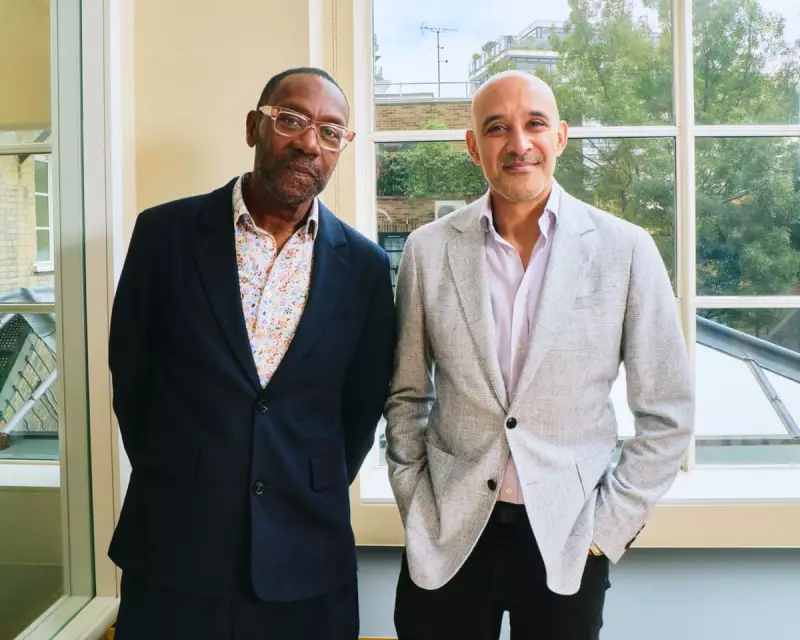
In a landmark move set to reignite a national conversation, broadcasting legend Sir Lenny Henry and leading academic Marcus Ryder have published a powerful new report making an uncompromising case for slavery reparations in the United Kingdom.
The Moral and Economic Imperative
The comprehensive document, titled 'The Case for Reparations', moves beyond symbolic gestures to present a robust economic and moral framework. It argues that the UK's historical role in the transatlantic slave trade created a legacy of racial inequality that persists today, and that addressing this through reparations is a matter of justice.
'The conversation can no longer be avoided,' Sir Lenny Henry stated, emphasising that the report is a catalyst for serious, solution-focused dialogue. The study meticulously details how the wealth generated from slavery was woven into the fabric of British institutions, from banks and universities to public infrastructure.
Beyond Financial Payments: A Multifaceted Approach
The report proposes that reparations should be a multifaceted endeavour, not merely limited to direct financial compensation to descendants. Key recommendations include:
- Educational Reform: A complete overhaul of the national curriculum to ensure the full, unvarnished history of the British Empire and slavery is taught.
- Cultural Investment: Significant, sustained funding for Black-led arts, culture, and heritage projects to rectify historical underinvestment.
- Community Wealth Building: Initiatives designed to address the racial wealth gap and support Black British entrepreneurship and economic development.
- Institutional Accountability: A call for organisations and families that profited from slavery to acknowledge their history and contribute to reparative justice.
A Call for Political Courage
Marcus Ryder, the report's author, highlighted the lack of political will as the primary obstacle. He challenges the UK government and opposition parties to move beyond apologies and engage with the substantive arguments presented.
'This is not about assigning guilt to people living today,' Ryder explains. 'It is about recognising that the past has shaped our present in profound and unequal ways, and taking collective responsibility to build a more equitable future.'
The publication of this report marks a significant moment, placing the UK firmly within a global reparations movement and demanding a national reckoning with history that proponents believe is long overdue.






